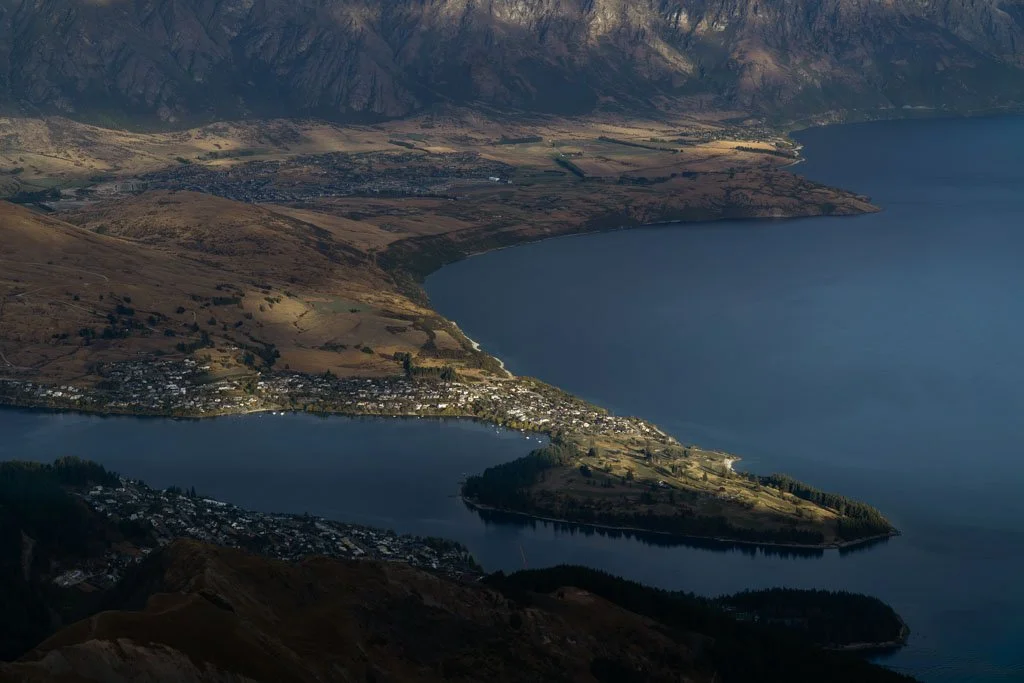NEW ZEALAND TRAVEL BLOG
Plan your trip to New Zealand, with help from a local

South Island campgrounds worth planning your trip around
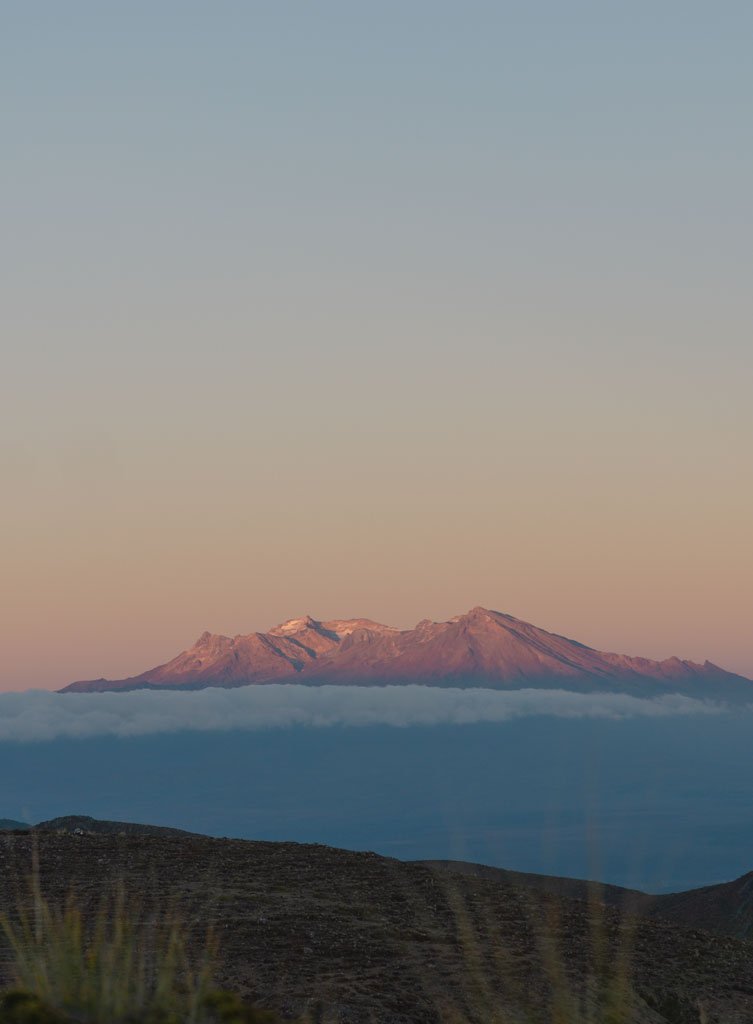
Unforgettable things to do in the North Island, New Zealand
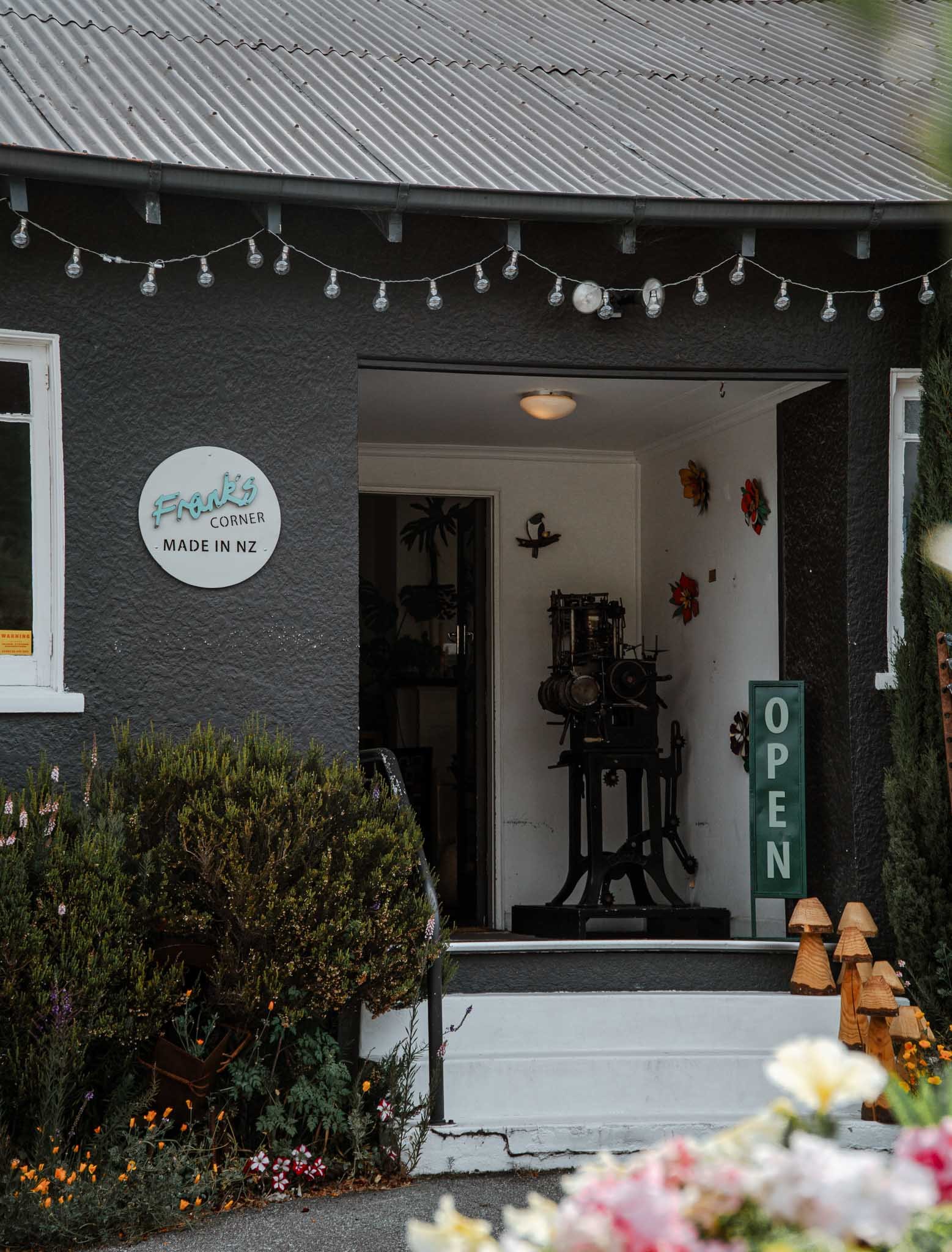
The best unique and creative souvenirs to buy in New Zealand
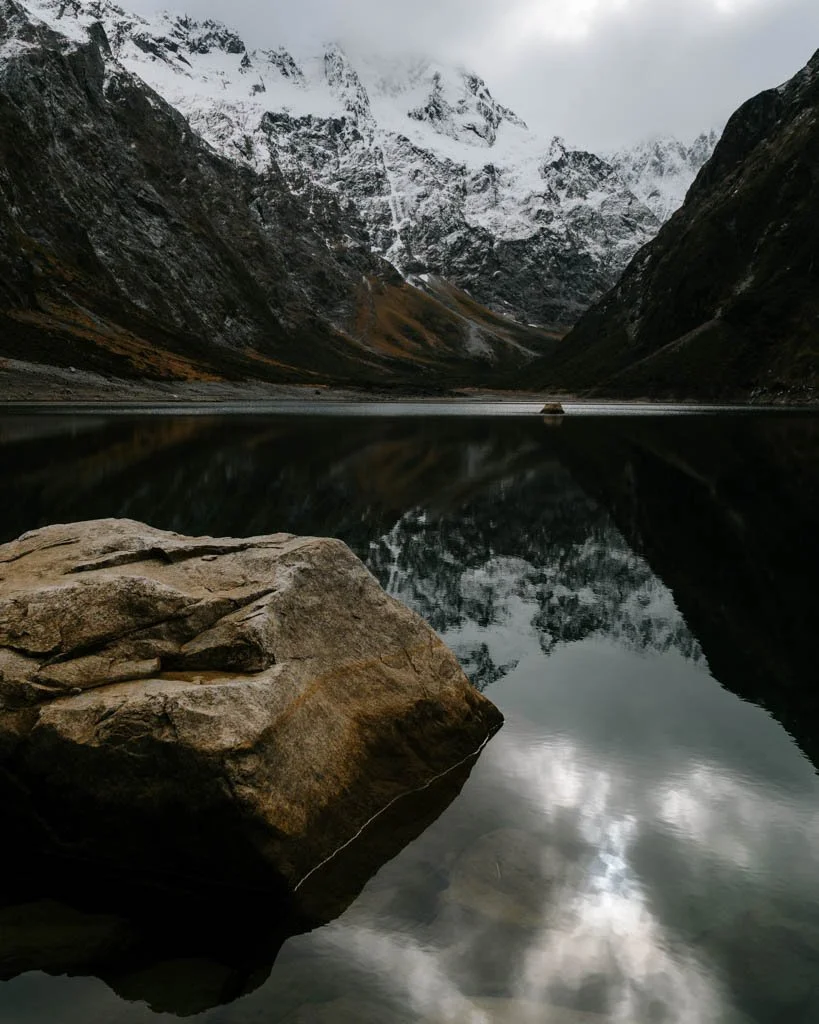
Where to go in the South Island

Where to eat in Queenstown: The best restaurants, cafes and other places to treat yourself
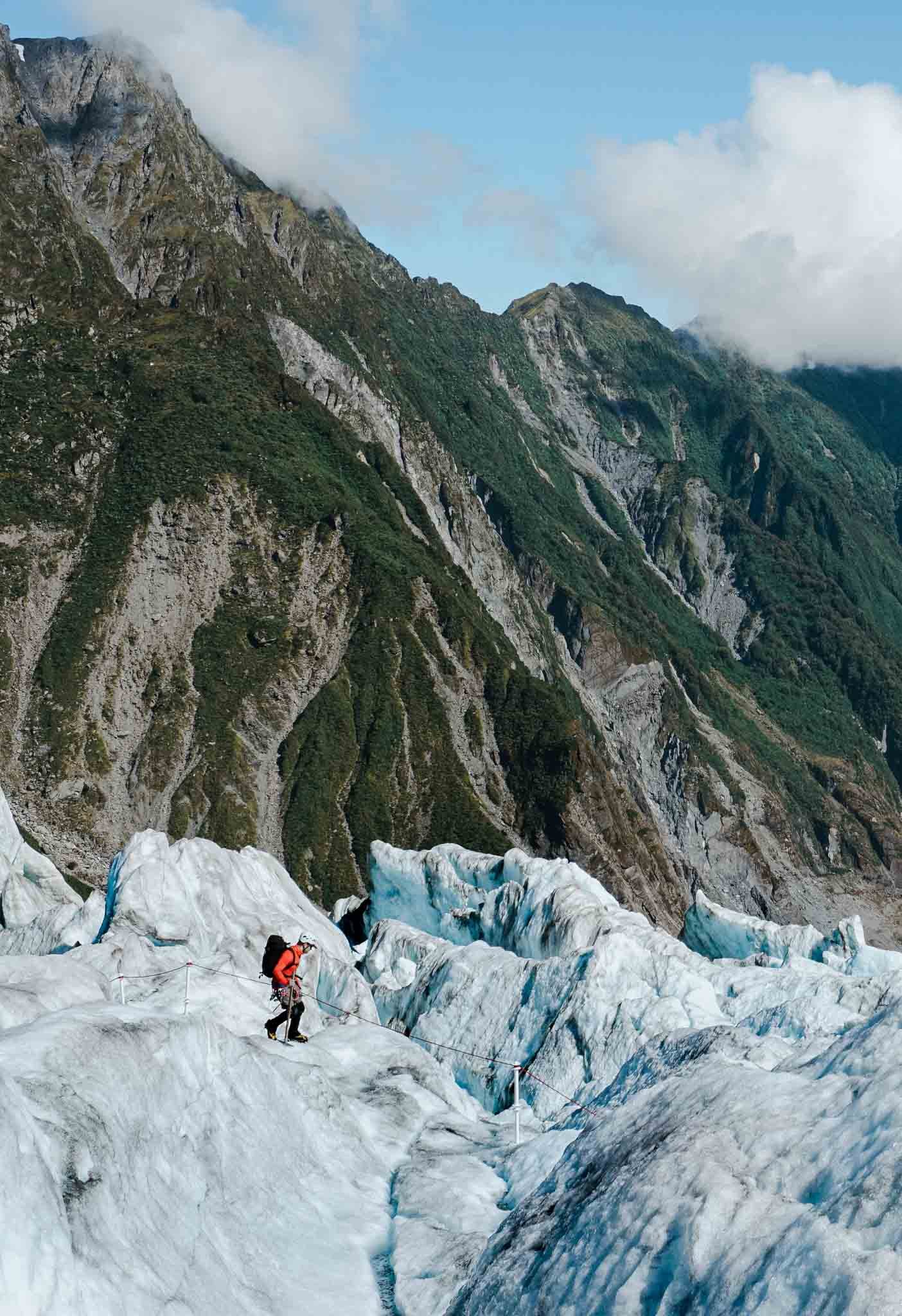
The best things to do in Franz Josef & the glacier country
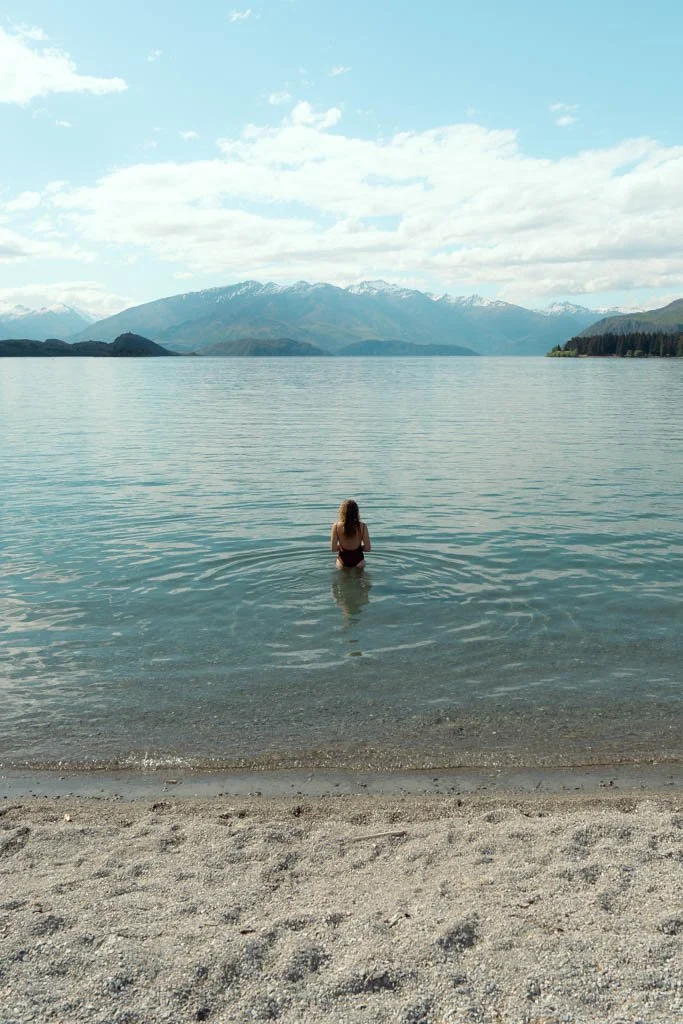
12 of the best things to do in Wānaka for adventure lovers

What to do in Raglan, New Zealand’s hippie surf town
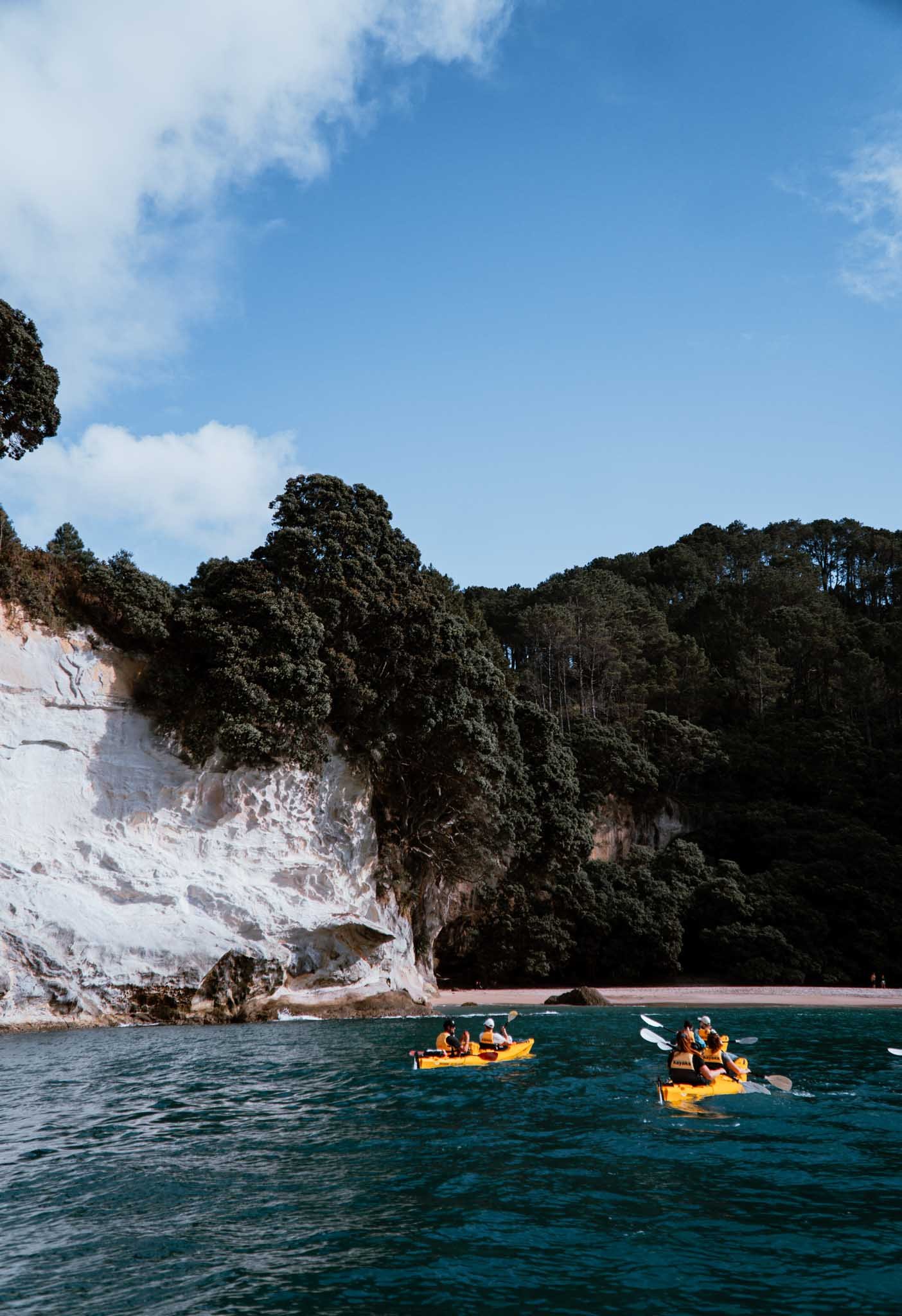
2 week North Island itinerary and travel guide
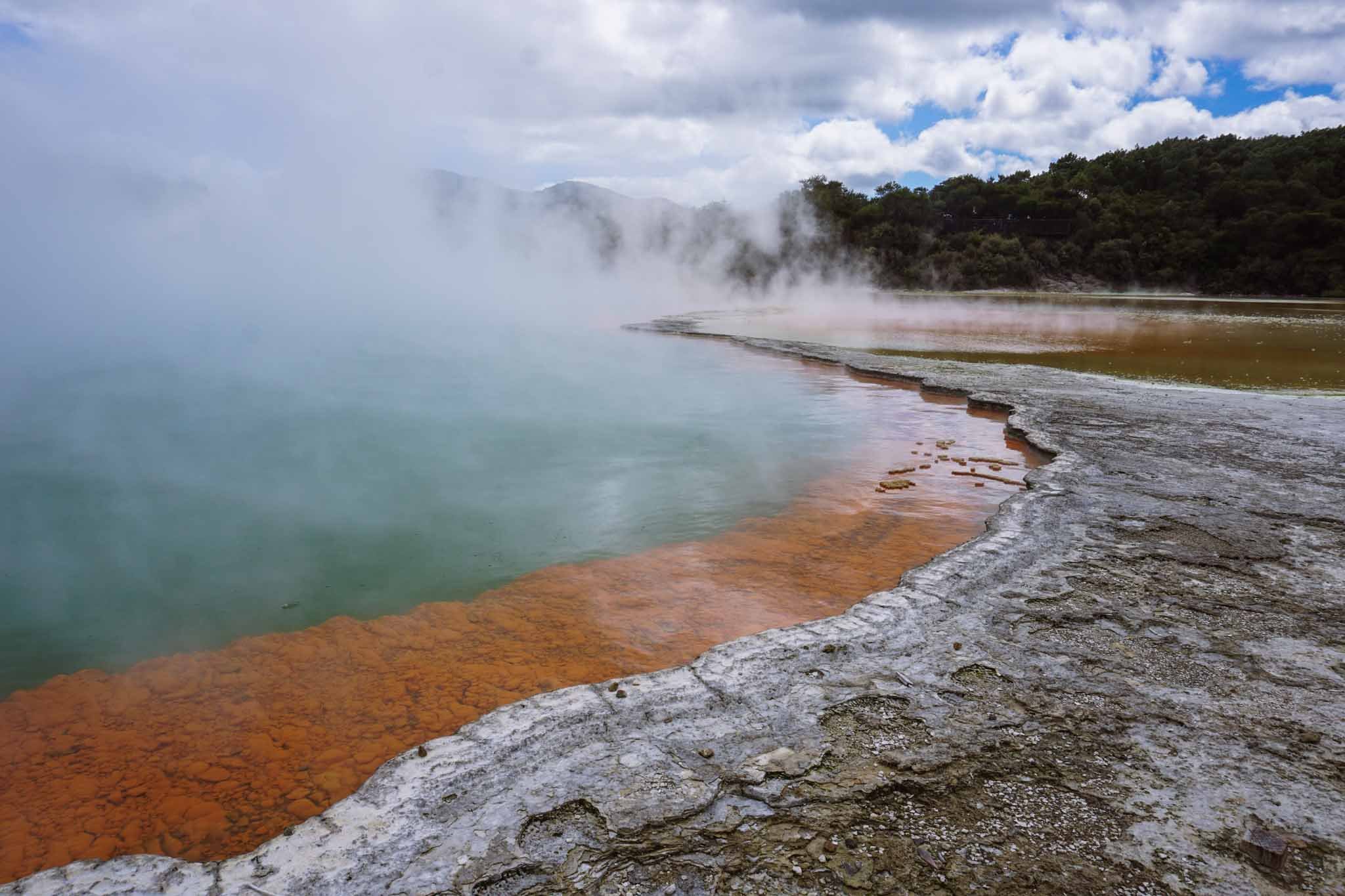
A local’s guide to the best things to see and do in Rotorua
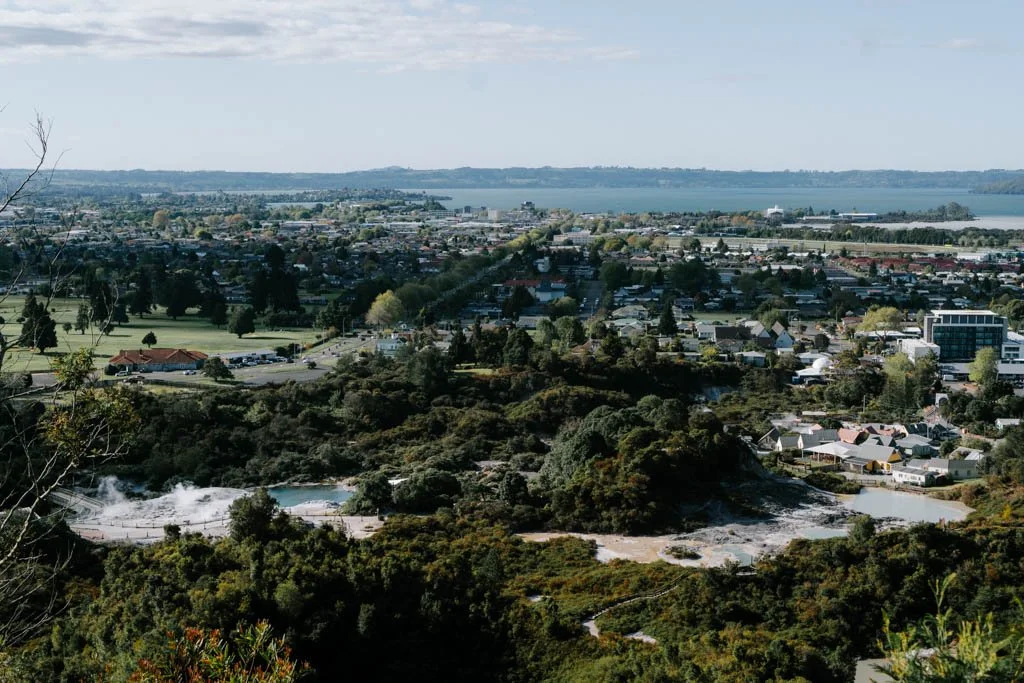
A local’s guide to Rotorua’s best geothermal parks and pools
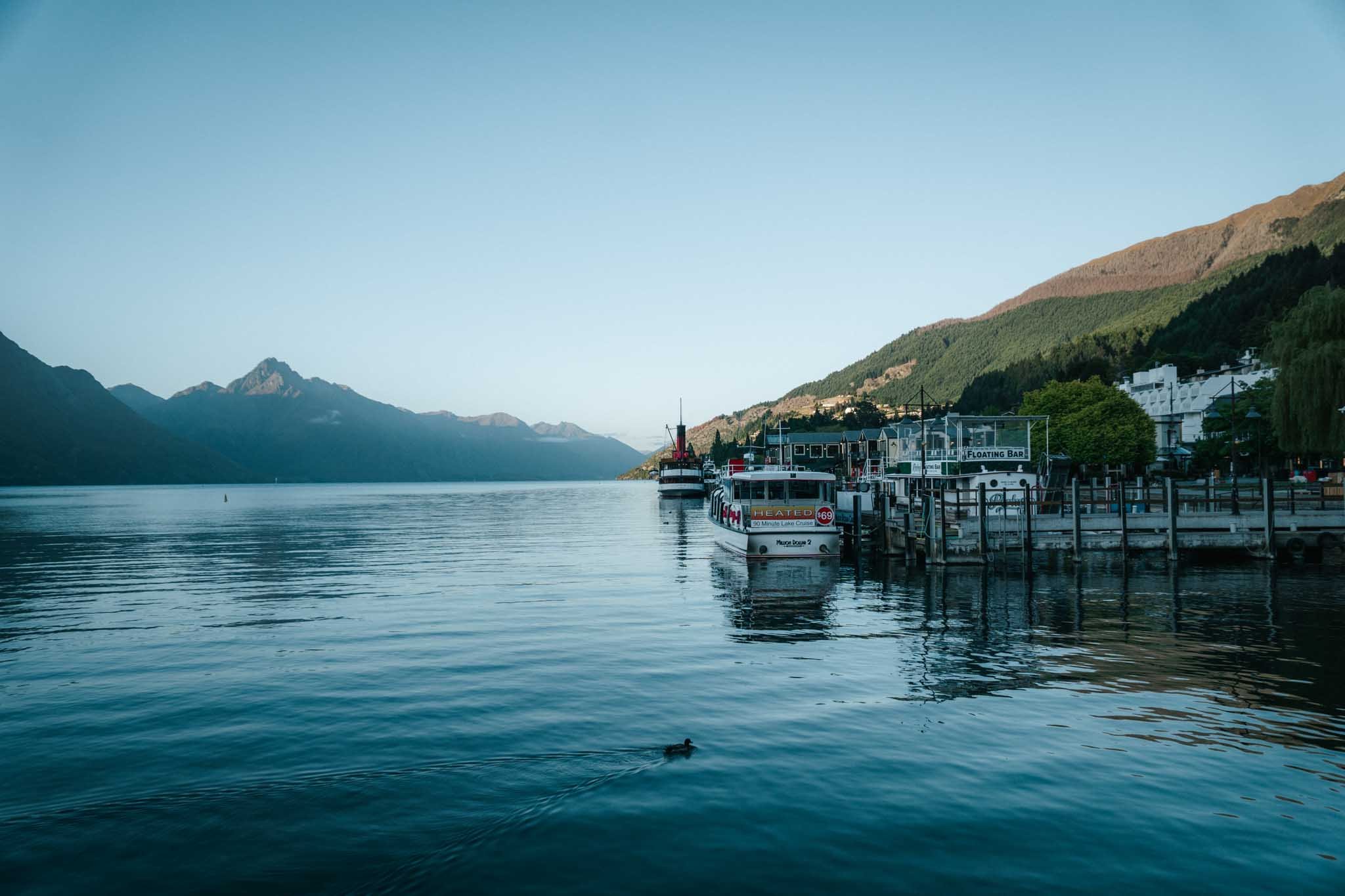
What to do in Queenstown: A guide for lovers of the outdoors

Where to stay in Auckland (the best hotels and areas)
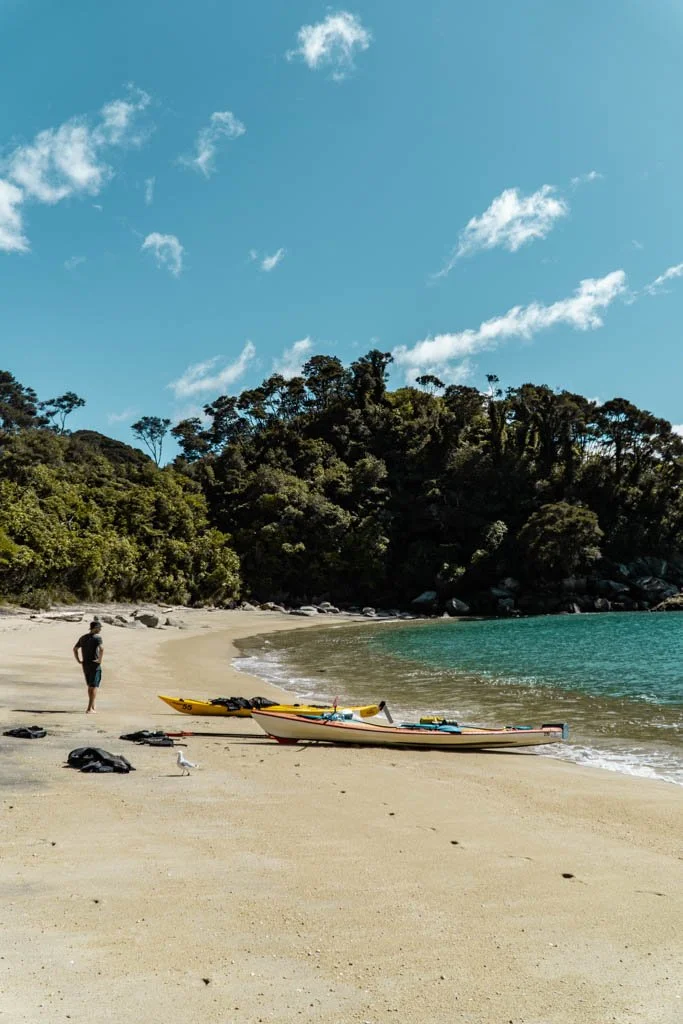
Discovering Abel Tasman National Park: What to do in New Zealand’s coastal paradise

What to do around Lake Tekapo, the South Island's vivid blue lake
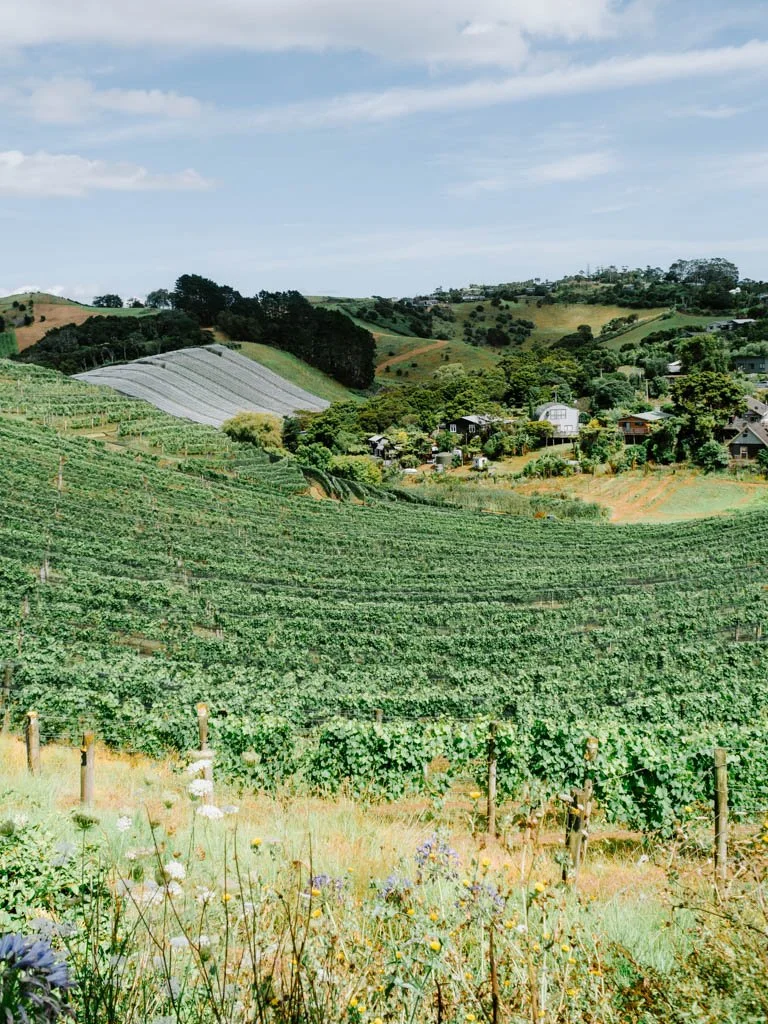
A completely unscientific list of the best Waiheke wineries to visit (by a non-expert wine drinker)

The best Queenstown wineries for tastings, lunch & views
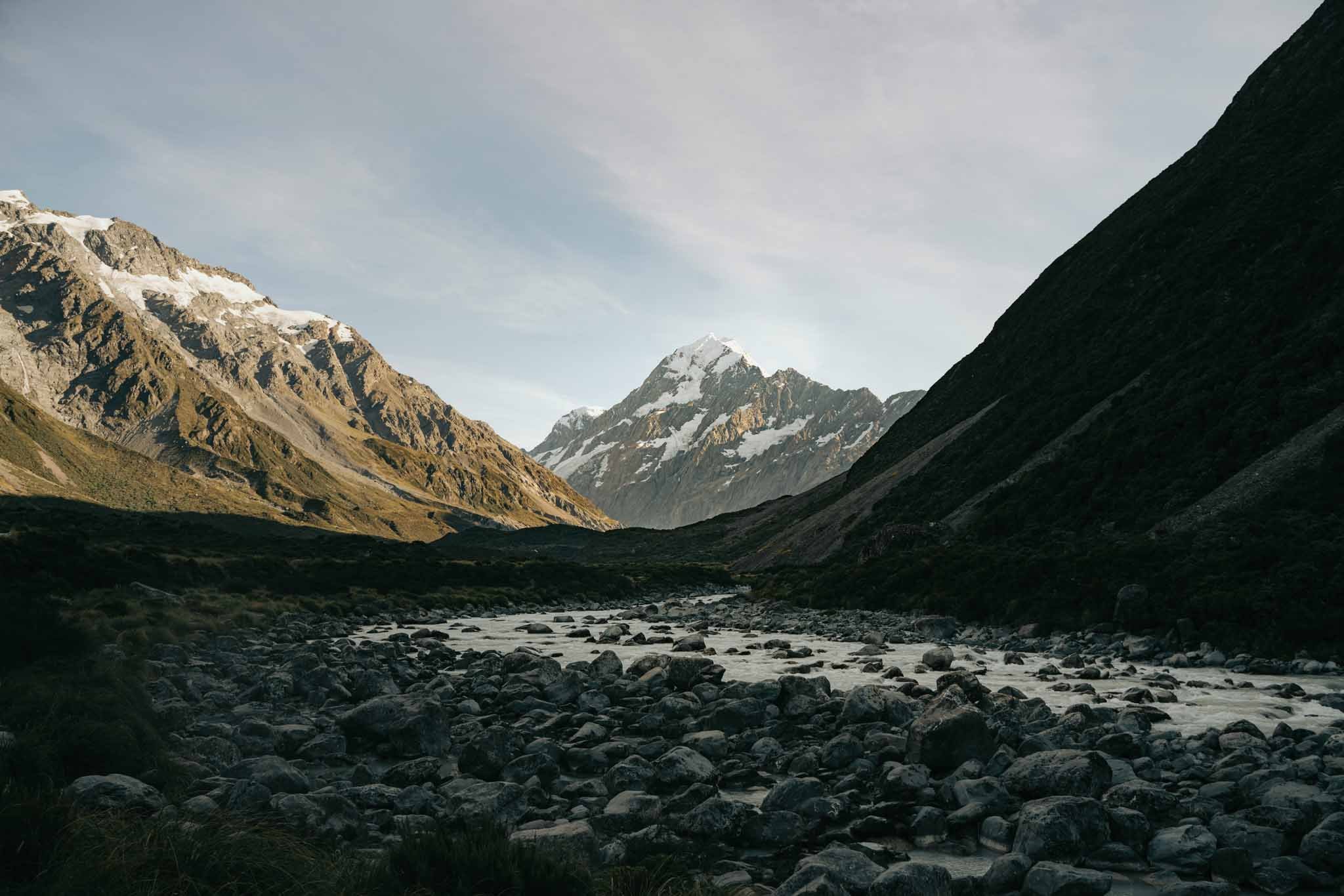
What to do in Aoraki/Mount Cook National Park, home to glaciers, grandeur & high mountain peaks

A 3 week New Zealand road trip itinerary from Auckland to Christchurch
